It’s just five minutes into the movie — but the unmistakable tension behind one “hello” and a lingering touch already has the audience sucked into Adam and Harry’s love story. Raw, intimate acting and powerful cinematography weave “All of Us Strangers” into a hauntingly beautiful film and tearjerker, perfect for people who want to stay up all night to think about a film on lost love.
This film, originally based on the 1987 novel “Strangers” by Taichi Yamada, follows the main character, Adam (Andrew Scott), a screenwriter who has isolated himself in his apartment block in London. One night, he meets Harry (Paul Mescal), the only other person in Adam’s tower block. With a bottle of liquor in hand and consumed by the desperation to quell his loneliness, Harry knocks on Adam’s door, asking to be invited into his home. But after Adam shuts the door on Harry, he’s flooded with regret and is consumed by an imagination — which takes up the majority of the movie — of what could’ve been if he had let him in.
Writer and director Andrew Haigh brought the movie to life, having orphan Adam explore intimacy, grief and gay identity. Struggling with nightmares about his parents’ car crash, throughout the film, Adam often wakes up in a cold sweat with pure terror seizing his chest — so he sets out for answers. Returning to his childhood home, he finds the ghosts of his mom and dad (Jamie Bell and Claire Foy, respectively), who are the same age as when they passed 30 years ago. After reconnecting with his family, Adam is finally able to give and receive love.
What sets “All of Us Strangers” apart from other films is its unique take on childhood trauma: Regardless of how much of a “stranger” family may seem to someone, reaching out to family is the first step to closure and even a restart in life.
When Adam eventually came out to his imaginary mom, Adam’s mother seemed to go through the five stages of grief. At first, she denies the truth: “As in homosexual? But it isn’t possible.” Anger: “Homosexual? I won’t be eating anymore.” Bargaining: “Don’t you want to get married and have kids?” Depression: “They say it’s a very lonely kind of life. Aren’t you sad?” Acceptance comes much later, long after Adam’s mother shut him out to seemingly process the truth of his sexuality.
It seemed to me that she was mainly asking out of concern, being unintentionally cruel in the heat of the moment as she is unaware of how people are more openly gay and AIDS is no longer the death sentence it was in her time. Nevertheless, her mom’s actions pushed a wave of anger and disgust over me, sending chills down my spine to realize that this kind of behavior happens everyday; it’s a harsh reality.
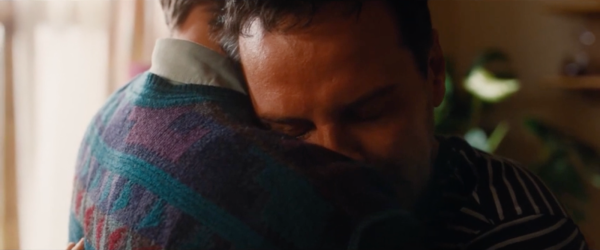
It wasn’t clearly stated that Adam’s parents were apparitions and that he was imagining his relationship with Harry, which left me walking out of the theater disoriented. Although it took some time, the mastermind of Haigh began to make more and more sense as I pieced together the fractured timelines and vague moments. Even Haigh is undecided about how the movie could be interpreted, leaving parts of it up to the audience’s imagination.
“It could all be in his head or you could read it as ghosts,” Haigh said in a movie explanation and Q&A. “I let the audience come up with how logical they want to be or if they want it to actually be that these three people are ghosts. I certainly knew that I wanted this film to feel like when you wake up from a dream and you think you understood it but you’re not sure if you did, and you find that the more that you pick at the dream, the more it raises new questions.”
For those who want straight answers, this movie might not be the most satisfying watch. “All of Us Strangers” forces the audience to toggle between what’s real or imaginary, since the majority of it is built off Adam’s imagination and ghosts. But, as someone who enjoys working out the tangled threads of a movie, rewatching the film hits the sweet spot. It’s meant to be rewatched to get a fuller picture of the movie.
The film’s audience is not limited to those in the queer community: It speaks to everyone. It discusses multiple issues people are facing on a daily basis and has “got this enormous breath of humanity to it,” as Scott said.
The film is especially eye-opening and utterly tear-wrenching to those who live in a bubble, previously unaware of how dark our inner monsters can be. Adam and Harry make each other feel heard and understood, both finding comfort, acceptance and love in the other’s presence.
On screen, of course Scott and Mescals’ acting didn’t seem like acting: It felt real. Not only is it because the two actors are in tune with each other as people, but Haigh, Scott and the producer Graham Broadbent all identify as gay, allowing both the script and acting to come across raw and genuine.
“I definitely feel like I brought my own thorny, uncomfortable or vulnerable feelings to the role,” Scott said. “I tried just not to act in some ways.”
This mindset likely contributed largely to Scott’s awards for Best Actor, Best Lead Performance, Actor of the Year and British/Irish Performer of the Year. Through his film, Haigh shows that it is essential to confront the pain families have inflicted upon us, regardless of the amount of time that has passed in between. Adam’s story helps many people face their own unprocessed and unhealed pain and trauma.
“If you leave the cinema and feel like, ‘Oh, you know what, I just want to call my mum’ or ‘I just want to give my boyfriend a hug,’ then that to me is what I want it to be,” Andrew Haigh said in a later interview.
With an accurate depiction of what it’s like to be gay in the 1980s as well as the raw pain of dealing with loss and trauma, this film is a must-watch. Keep in mind that the older the audience, the easier it is to grasp some of the concepts in the film. And make sure to rewatch this after some time to hopefully get some questions answered!



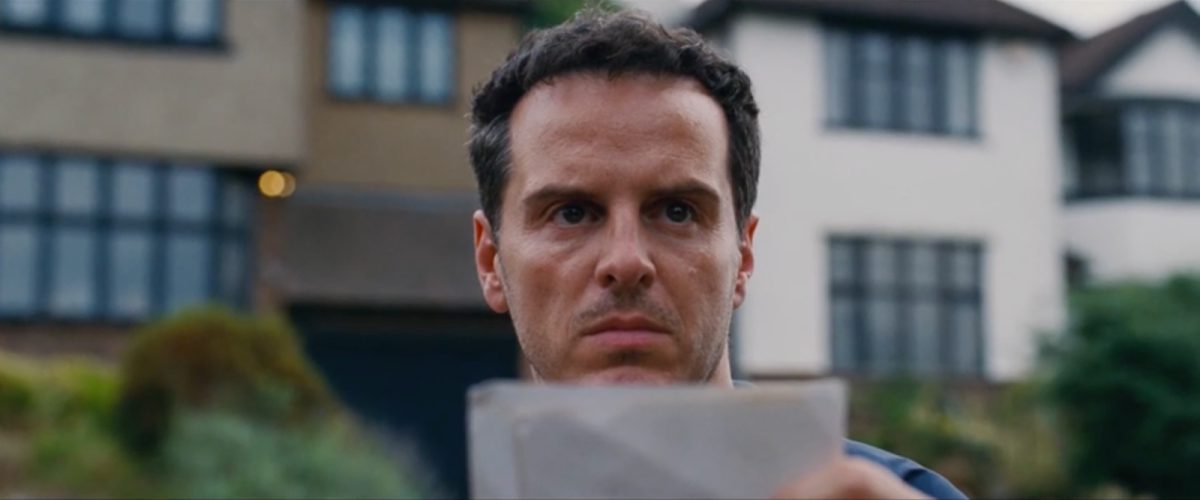
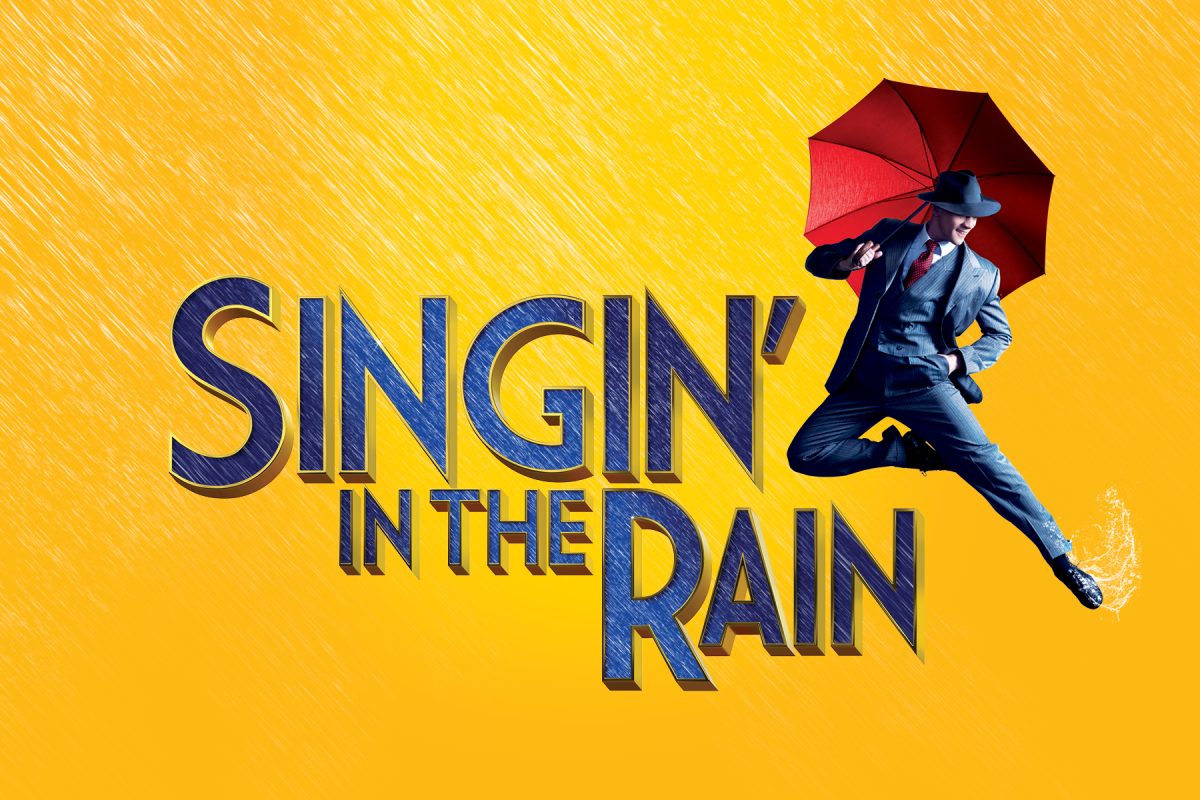

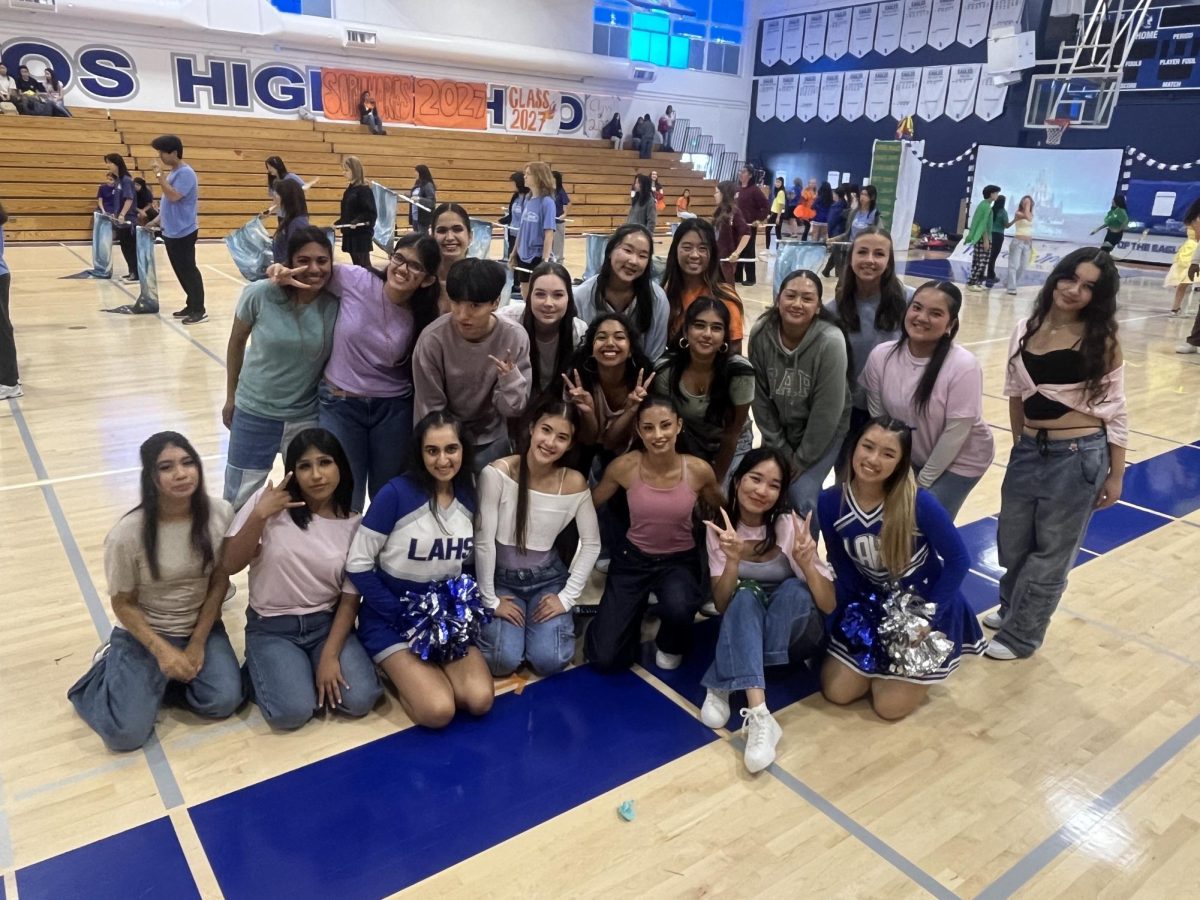

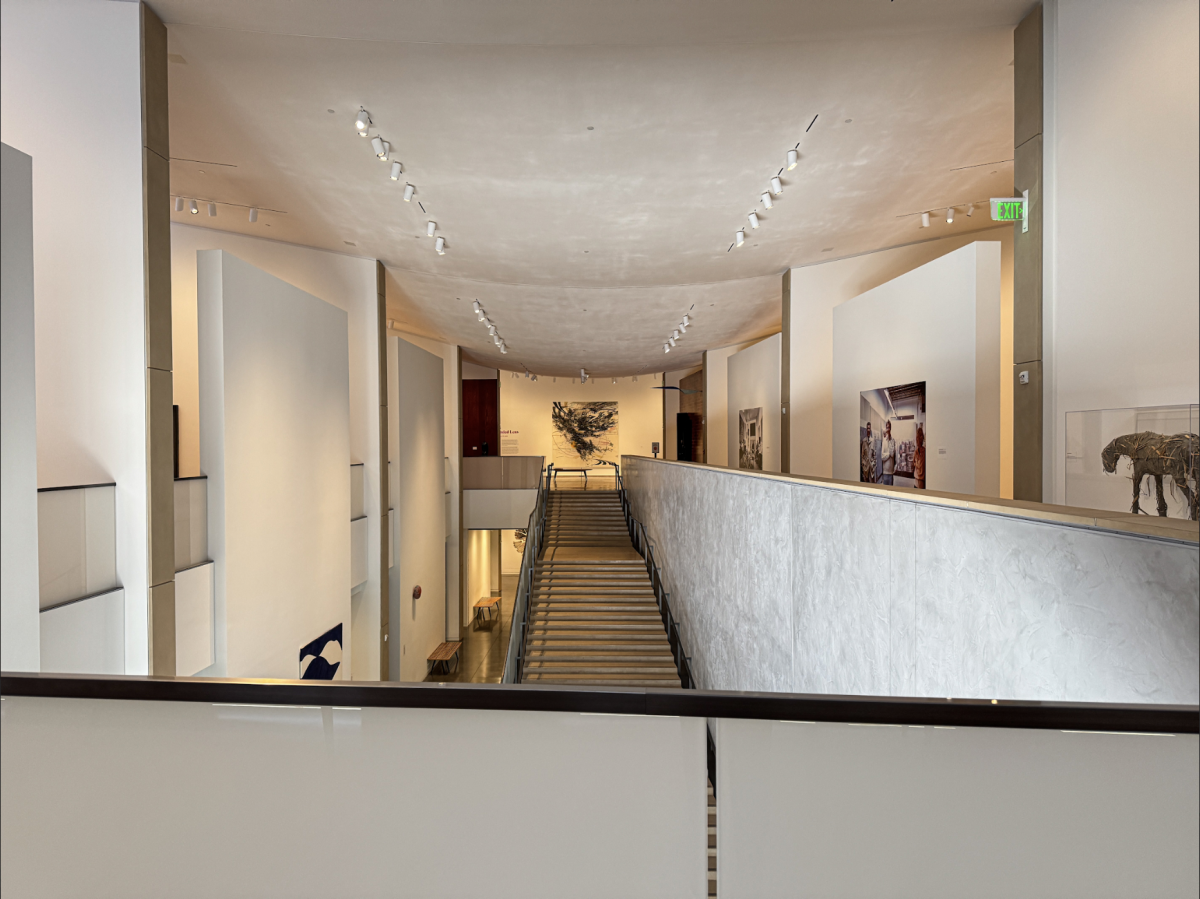
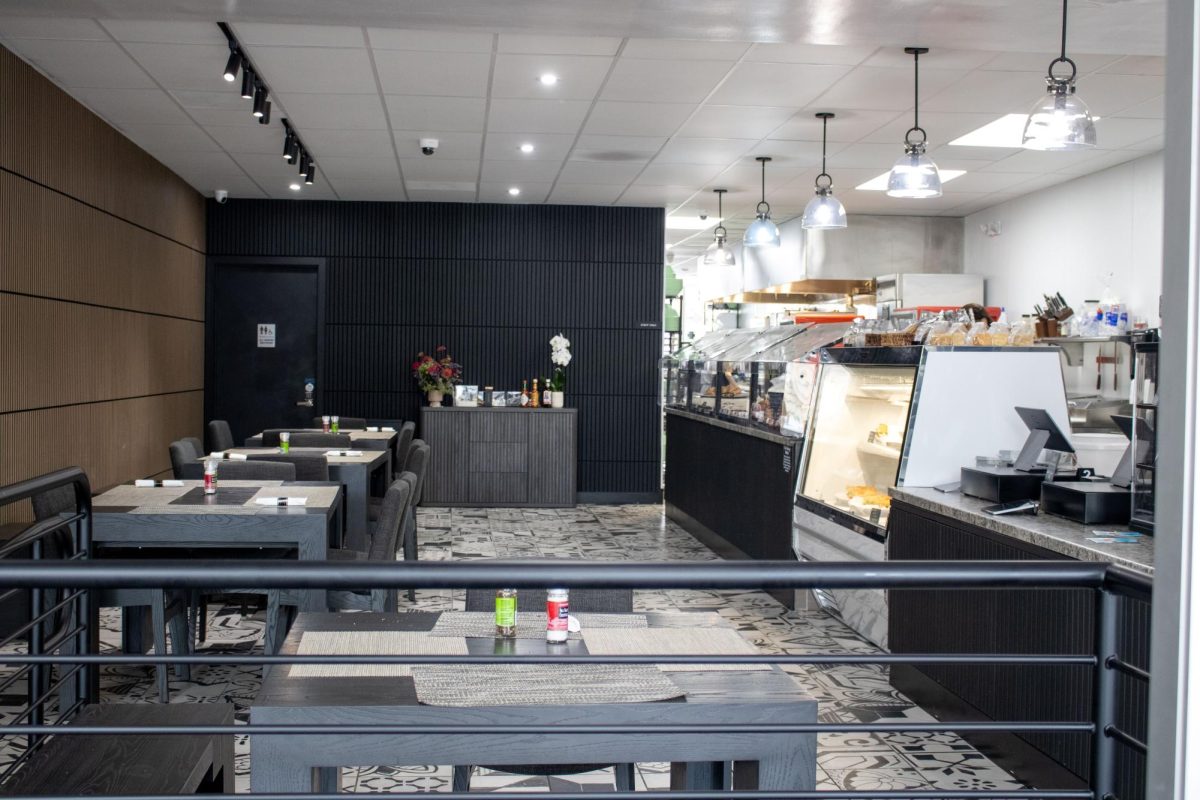
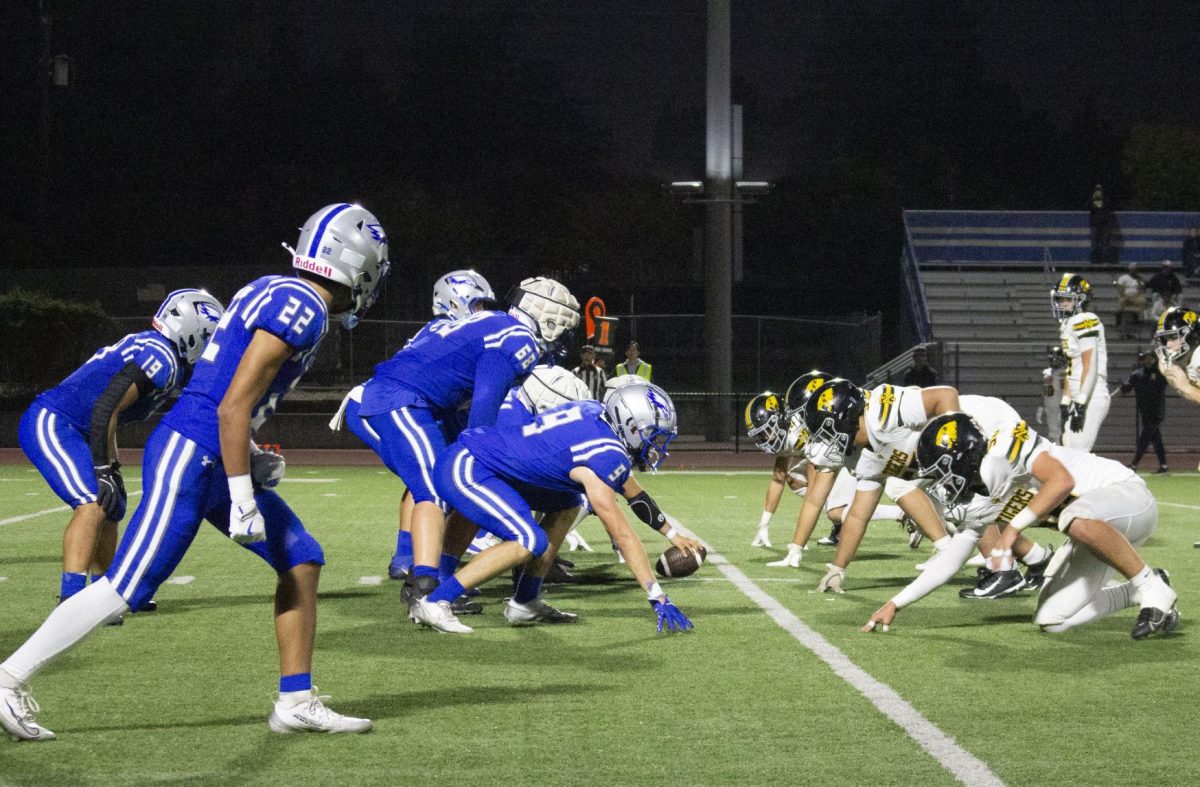
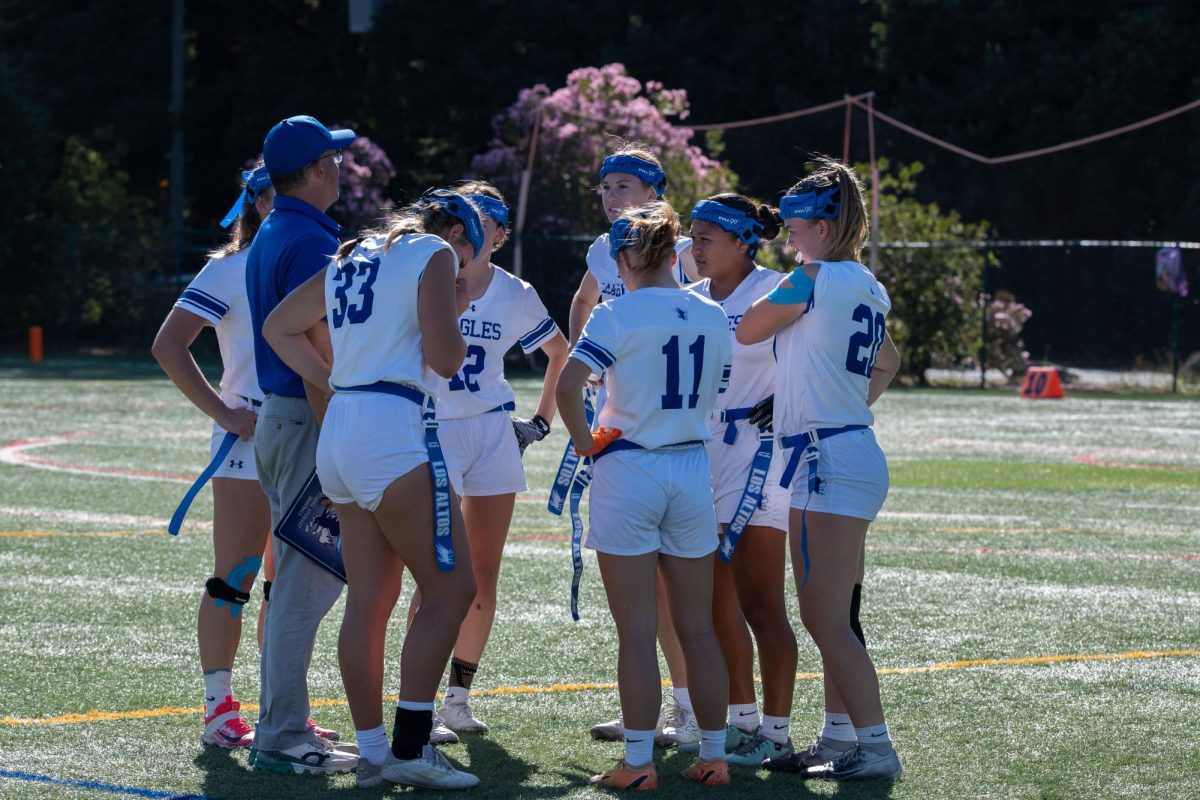
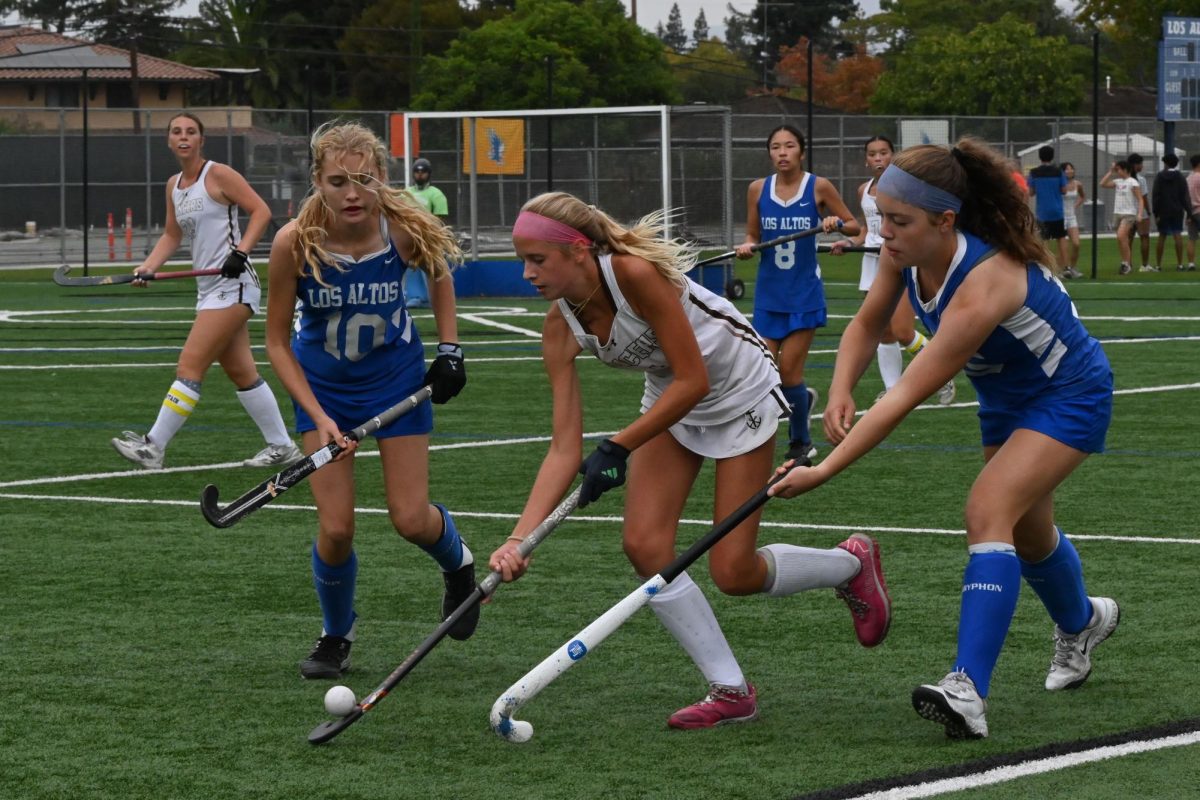


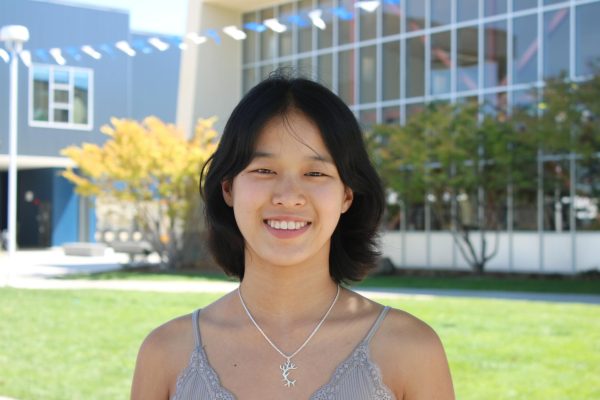
Ashley Tumacder | Mar 20, 2024 at 2:01 pm
amazing